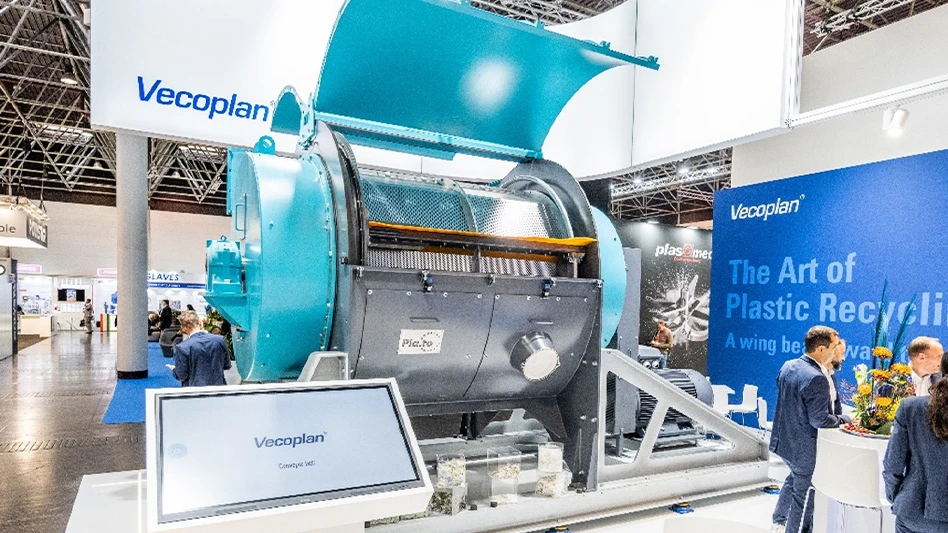
Photo courtesy of Nucor Corp.
The Washington-based American Iron and Steel Institute (AISI) has contacted senior policymakers in the Trump administration and key members of Congress with what it calls a blueprint spelling out top steel industry priorities of AISI members for 2025.
Specifically, AISI's policy recommendations include measures that “enhance existing trade measures to address foreign unfair trade practices, ensure common-sense regulations that foster innovation and implement tax policies to encourage new and continued investment.”
Earlier this month AISI, citing Commerce Department data, reported that finished steel imports totaled 29.1 million tons in 2024, and more than 22.5 million tons of semifinished steel came into the U.S. last year. Those totals are up by 3.5 percent and 3.9 percent, respectively.
The Commerce Department statistics also show importing activity that increased in the final month of 2024, demonstrating a momentum AISI members would like to see slowed.
Steel import permit applications for December 2024 totaled more than 2.4 million tons, a 10.8 percent increase from the 2.17 million permit tons recorded in November 2024, according to the group.
The day after the inauguration of President Donald Trump, AISI President and CEO Kevin Dempsey issued a statement that reads, “We welcome President Trump’s commitment to treating trade policy as a critical component to national security and to pursuing a robust and reinvigorated trade policy agenda to tackle many of the issues that are priorities for the American steel industry.”
According to Dempsey, those priorities include "addressing foreign unfair trade practices and currency manipulation, ensuring full enforcement of our existing trade agreements, and leveling the playing field by strengthening our antidumping and countervailing duty laws, including addressing the growing problem of transnational subsidies. Urgent action is needed to respond to these challenges not only from China but also from many other countries around the world.
“We also appreciate the president’s instructions to his advisors to review and assess the effectiveness of the Section 232 steel tariff program that he established in 2018. We urge the new administration to take active steps to reinvigorate that program to ensure it is meeting the objectives originally established by President Trump during his first term.”
Beyond trade, Dempsey says, “2025 presents an opportunity for the new administration and Congress to take a holistic look at the key issues impacting steel manufacturing. These policy recommendations will enable the continued success of the American steel industry and the jobs it supports.”
Latest from Recycling Today
- Equipment from the former Alton Steel to be auctioned
- Novelis resumes operations in Greensboro, Georgia
- Interchange 360 to operate alternative collection program under Washington’s RRA
- Waste Pro files brief supporting pause of FMCSA CDL eligibility rule
- Kuraray America receives APR design recognition for EVOH barrier resin
- Tire Industry Project publishes end-of-life tire management guide
- Des Moines project utilizes recycled wind turbine blades
- Charter Next Generation joins US Flexible Film Initiative





